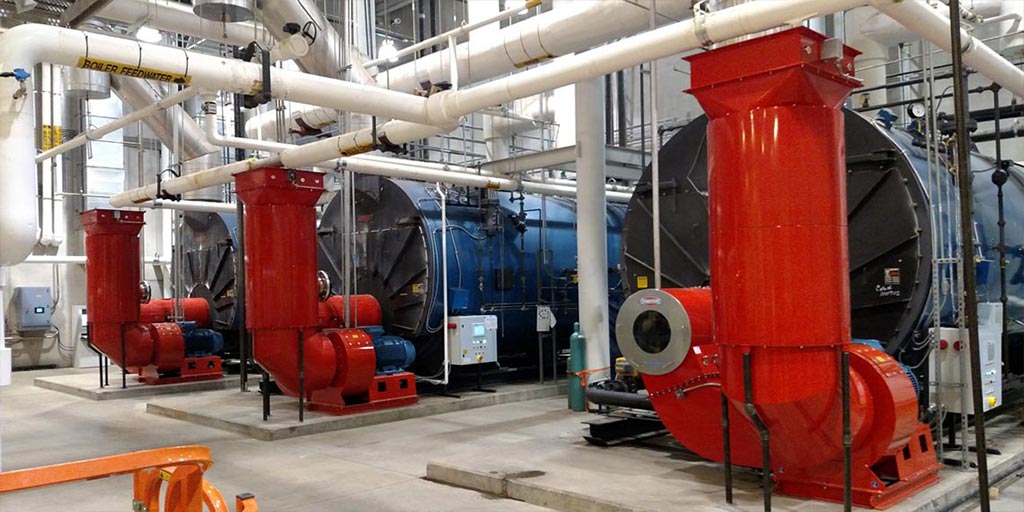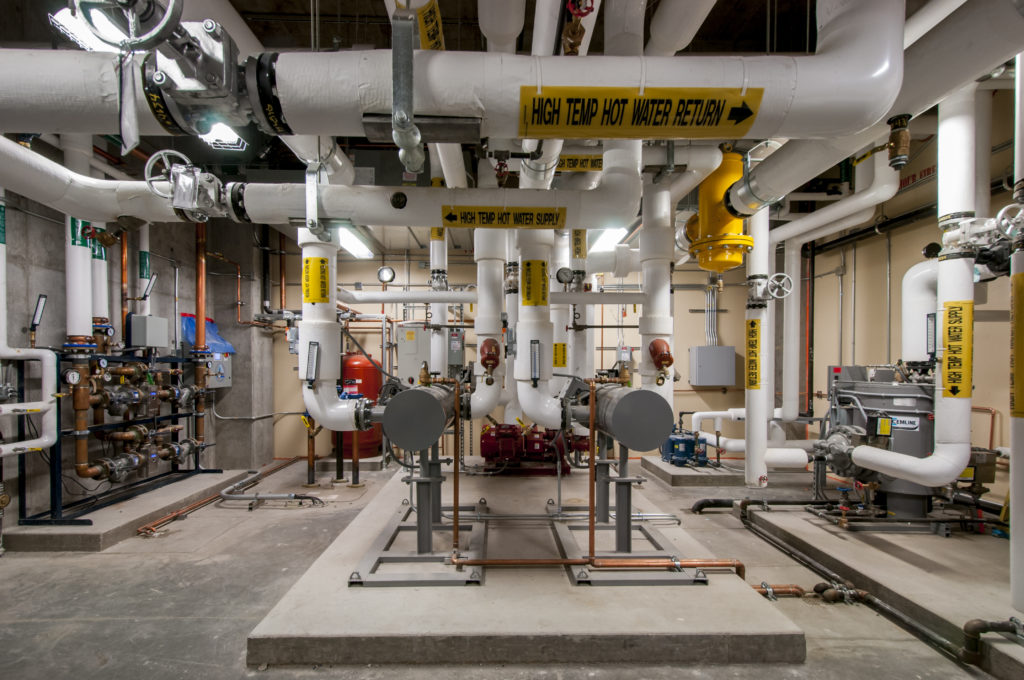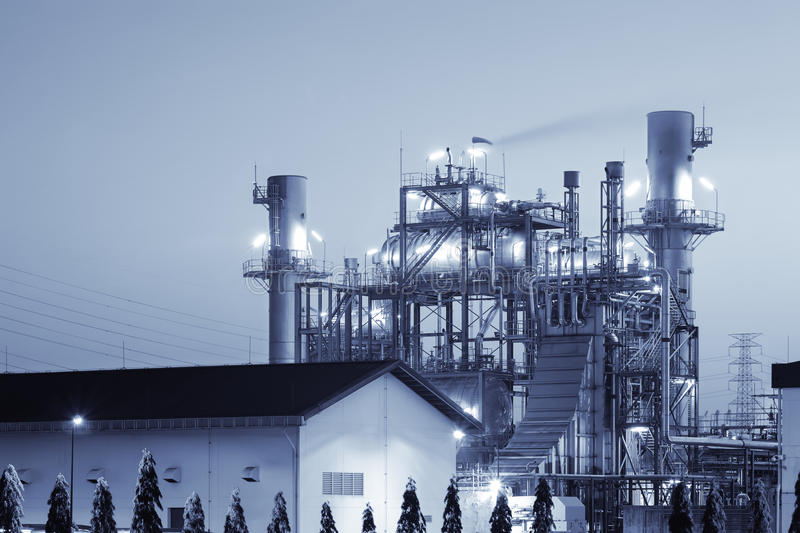

The Presentation, supplied documents, and workshop exercises of the course are in English; however, based on the trainees' desires, use of bilingual (English and Arabic) for oral explanation is available.
By the end of this course the participants will:
This course is recommended for anyone involved with the selection, operation, maintenance and troubleshooting of pumps. Such as Mechanical Maintenance Engineers, Under Development Engineers, Mechanical Maintenance Supervisors &Technicians and Operation Engineer.
This interactive Training will be highly interactive, with opportunities to advance your opinions and ideas and will include;
Chapter (01) Introduction to Boilers
Chapter (02) Water - Steam circulation system
Chapter (03) Air - Flue Gas System
Chapter (04) Boiler principles of operation.
Chapter (05) Preparation for Startup.
Chapter (06) Boiler Startup
Chapter (07) Boiler Malfunctions and Shutdown
CDGA attendance certificate will be issued to all attendees completing minimum of 75% of the total course duration.
| Code | Date | Venue | Fees | Register |
|---|---|---|---|---|
| PE114-02 | 06-04-2026 | Kuala-Lumpur | USD 5950 | |
| PE114-03 | 12-07-2026 | Dubai | USD 5450 | |
| PE114-04 | 11-10-2026 | Amman | USD 5450 |

The boiler plant operation and management course is an intensive, highly practical course. The candidates will gain the most up-to-date information and practical understanding of the installation, ope ...

An advanced course to develop the engineers and operators deals with water purification used in plants generally to a topics (principles, practice, operation, and steam generation troubleshooting) for ...
Providing services with a high quality that are satisfying the requirements
Appling the specifications and legalizations to ensure the quality of service.
Best utilization of resources for continually improving the business activities.
CDGA keen to selects highly technical instructors based on professional field experience
Since CDGA was established, it considered a training partner for world class oil & gas institution
3012, Block 3, 30 Euro Business Park, Little Island, Co. Cork, T45 V220, Ireland
Mon to Fri 09:00 AM to 06:00 PM
Contact Us anytime!
Request Info